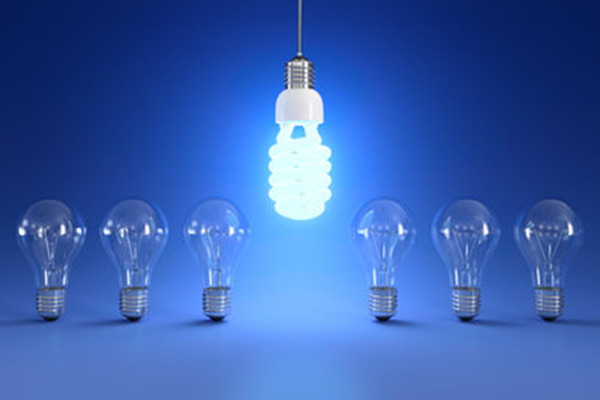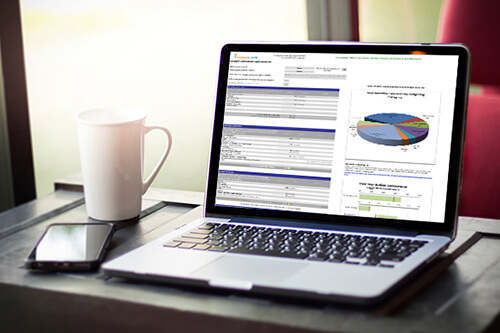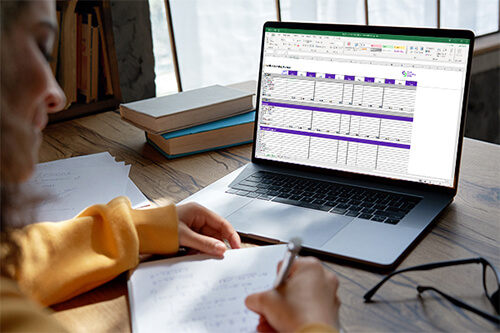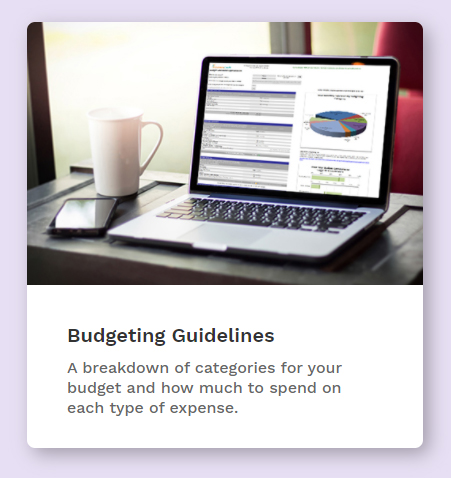Great Ways to Conserve Electricity and Save Money at Home
Guest post by Mike Brasovan
Shuddering at the sight of your latest electric bill? As the weather continues to fluctuate throughout the seasons, costs can soar during the hot summer months and the chillier winter months. However, you don’t have to put up with high utilities bills. With a few simple changes to your daily habits, you could significantly reduce your home electricity usage. Here are a few ways you can lower your electric bill and save money.
1. Optimize ventilation in your home
For every home layout, there is an optimal way to ventilate naturally without the use of electricity. You probably cannot rely on it 100 per cent on the hottest days, but often times if you open your windows at night and get a cross-breeze going, you can significantly cool down your home and keep it that way throughout the morning. Just make sure you figure out the best time to shut your windows again so that you are not letting in unwanted heat as the sun climbs toward midday. If you become an expert at ventilating your home, you may be able to run the air conditioner (AC) only during the hottest times of the day.
2. Install energy-efficient window treatments
Did you know that an awning over your window can reduce solar heat gain by as much as 77 per cent? The right window blinds (interior and exterior) can also effectively block out heat during the summer and conserve it during the winter. Draperies, insulated panels and high-reflectivity films are other options.
3. Turn off the heat or AC when you are away
Unless you know you absolutely won’t be able to stand waiting for your house to warm up or cool down when you return home from a day at work, if it’s not winter time, switch off the thermostat when you head out in the morning. This is one of the easiest ways to save a ton of money on your electrical bills. Some systems can also be programmed to switch on shortly before you return home.
4. Use cold water whenever possible
Do you wash your clothing in hot water? This is really only necessary if you need to kill germs (it is a smart idea for towels or bed sheets). A lot of clothing actually holds up better in cold water anyway, so washing on the delicate cycle can help to preserve your clothes and reduce your electrical costs.
What about your dishes? If you are washing those in hot water, that is also unnecessary. In fact, you might want to consider skipping out on the dishwasher altogether. Washing your dishes by hand only takes a couple of minutes, and it saves a lot of energy.
5. Use the hot summer air to dry your clothes
Doing your laundry over the summertime? If you have room for a clothesline in your yard or even on your patio, you can let the hot air dry your clothes. Like using cold water instead of hot water, air drying your clothes is gentler and it cuts your energy expenses. You also won’t be heating up your home by running the dryer.
6. Check the seal on your fridge and freezer doors
Your fridge and freezer need to stay on at all times, so they are always eating up energy. But are they using more than necessary? Check the door seals regularly. If there are gaps, the cool air is escaping, which means the fridge and freezer need to work overtime to maintain the appropriate temperature. Just repairing loose seals can help you significantly reduce your energy expenditures.
7. Do not leave appliances and devices on (or even plugged in) when you do not need them
A lot of people inadvertently heat their homes over the summer when they could avoid doing so with a little forethought. They choose to bake a dish in the oven for a couple of hours instead of cooking on the stove, or better yet, grilling out back. Sometimes they leave lights on when they are not in the room. Not only does this waste power on unnecessary lighting, but it also adds heat to the house. The AC then needs to work harder to cool the room down, resulting in even more energy drain.
Leaving devices, which are not in use, but plugged in to the electrical outlet can also waste power. When you are not watching TV or playing on your console, unplug these electronics and switch off the power strips. Cell phone or laptop chargers are often left plugged in, so make sure to unplug these items as well.
8. Replace your old light bulbs with energy-efficient LEDs
Still have a lot of old halogen and incandescent lights in your house? If so, you are wasting a lot of money lighting your home. According to the U.S. Department of Energy, Energy Start rated residential LED light bulbs use 75 per cent less energy and can last 25 times longer than incandescent light bulbs. In fact, they report that nothing could have a greater impact on energy savings than if consumers switched over to LED lights.
9. Check your weatherstripping
Just as a poorly sealed fridge or freezer can leak cool air; air can seep in or out of a house that is poorly sealed as well. In the winter, this means unintentionally letting in cold air, and in the summer, it means letting it out. If you improve your house’s weatherstripping, you could save 20 per cent or more on your heating and cooling costs.
10. Dress for the weather
Wearing long sleeves in summer and shorts in winter? Even though central heating and AC let you get away with this, you are putting an unnecessary strain on your energy budget by doing so. Dress appropriately for the climate, and you may find you can turn down the heat or AC.
Conclusion
While changing old habits is never easy, it is well worth it to conserve electricity at home. When you see your next electric bill and breathe a sigh of relief, you won’t even be tempted to return to your old energy practices. Combine these tips for lowering your electric bill, and you could save hundreds of dollars every year!
Mike Brasovan is a writer for Electricity EZ, an electricity provider in Texas.







0 Comments